Diversity and inclusion are crucial to success at work and in life. Whether you’re ready to buy, sell, or rent a home, the Fair Housing Act prevents discrimination in the housing process. Discover how this critical Act protects classes of people and helps build diverse communities where people enjoy the best quality of life.
What is the Fair Housing Act?
The Fair Housing Act of 1968 was a follow-up to the Civil Rights Act of 1964. The Fair Housing Act expanded on previous acts to prevent discrimination when people are renting, selling, financing, looking for housing assistance, or participating in housing-related activities. Additional protections exist for people applying for federally-assisted housing.
The Act defines federally protected classes to ensure inclusivity and diversity. As a result, nobody can be prohibited from seeking and securing housing in their preferred neighborhood. Additionally, financiers cannot deny funding to people to attempt to keep them out of specific housing.
Who is Protected Under the Fair Housing Act?
Diversity starts with neighborhoods that understand who is protected under the Fair Housing Act. The seven protected classes include:
- Color
- Race
- National origin
- Disability, mental and physical, and housing providers must make reasonable accommodations
- Religious beliefs
- Sexuality, including sexual orientation and gender identity
- Familial status
The Fair Housing Act applies to most housing. However, limited circumstances may exempt certain owner-occupied buildings with four units or less, single-family homes rented or sold by owners without real estate agents, and housing operated by organizations that limit residency to members.
What is Housing Discrimination?
First and foremost, it is illegal to discriminate against any protected classes. But what does that mean when you’re looking for housing or selling a home? Housing providers can’t refuse to rent, sell, negotiate, or make housing available because someone is one of the protected classes. Also, they can’t falsely claim housing is unavailable or express limiting preferences, differing terms, or varying fees.
Additionally, residents can’t be evicted, harassed, discouraged, or limited because of their personal status. Agents and housing providers must never blockbuster candidates trying to persuade them to move into specific neighborhoods. Plus, all housing candidates must have equal access to financing and home insurance at the same terms.
 Why is Diversity Important?
Why is Diversity Important?
Diversity refers to different forms of the housing accommodating all types of people. Mixed housing and populations offer the flexibility to respond to the evolving needs of communities. As a result, homes are available to people of all incomes, ages, and backgrounds through economic and social changes.
Besides making housing available to everyone, diversity provides resilience. Biodiversity in our natural environment creates habitats for all living species. Likewise, diversity in communities supports a healthy and happy lifestyle for all people, creating enduring neighborhoods that remain resilient through inevitable changes, such as population growth.
What are the Benefits of Diverse Communities?
Diverse neighborhoods offer many benefits to residents. Living in a robust community offers resilience during national and global changes. Additionally, diversity and inclusion are crucial in the workplace and life. Interaction between people encourages open-mindedness in all diverse settings.
Creating an equal environment also helps prevent future discrimination. When people live where they choose, everyone is happier. Also, diverse communities offer many opportunities to learn about other cultures through everything from community events to dining out at local restaurants.
What Can I Do If I Face Housing Discrimination?
If you feel you faced housing discrimination, document and report the happenings. Agencies to contact about discriminatory acts in the housing process include the United States Department of Housing and Urban Development (HUD) and the National Fair Housing Alliance (NFHA).
Never hesitate to contact the authorities to report discrimination. Remember, it is illegal for housing providers to retaliate or threaten anyone for making a complaint per the Fair Housing Act. Plus, every report supports the development of diverse and inclusive communities that best serve the public’s needs.
If you are ready to buy, sell, or rent in the current housing market, the Fair Housing Act protects you against discriminatory behavior and actions. When you recognize discrimination, you have to power to end it. The result is diverse communities that respond to the constantly changing needs of their residents – making everyone happier and healthier today and in the future.
The post How the Fair Housing Act Helps Build Diverse Communities appeared first on Better Homes and Gardens Real Estate Life.

 Facebook
Facebook
 X
X
 Pinterest
Pinterest
 Copy Link
Copy Link


